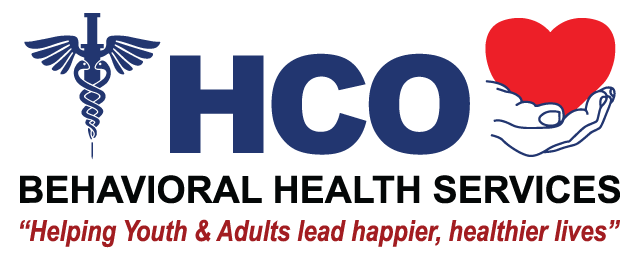Self-Care: Why It Is Essential for Your Child’s Emotional Wellbeing
Whatever it is, the way you tell your story online can make all the difference.
Parenting is a complete rollercoaster ride from conception to forever. Nothing can compare to creating a human and witnessing their developing personalities as they evolve into proper little people learning about the world for the first time. Nothing compares to their little arms hugging you tightly for dear life.
Nothing can prepare you for how demanding it can be. It takes such a toll on you as a person, including loss of sleep, little or no time for yourself, increased concerns, new tension on relationships and finances, and the responsibility of nurturing a child from infancy to adulthood. Let us not mention the messy house and noise levels. Your whole sense of self must shift in a major way to adapt and survive the rough journey.
Our roles as parents are complex and go well beyond providing for our children’s basic needs for shelter, food, and education. We play a significant role in assisting our children to regulate their emotions, which requires much self-control and an ability to regulate our own emotions. Emotional regulation is essential for the development of resilience and wellbeing in our children, so it is well worth the investment.
Here is a “flashpoint moment” from my own experience which represents the unpredictability of a day looking after children, which many of you will relate to:
On a crazy parenting day, my daughter aged 5 had a tantrum when I told her she had to wear pants due to it being cold outside. I explained that we were going to be outside at the park and it will be cold. The crying went on and on and on…
And just when I thought she had stopped; it went on some more. It took everything in me to keep calm and to be reasonable. Foolish was I to think that afternoon would undoubtedly improve.
What followed as a full-on show down with her younger sister aged 1 who refused to get in her car seat once leaving the park after a full day of fun. Kicking, screaming, slapping, throwing herself around and by this stage in the day I felt emotionally and physically drained as I found it difficult to contain my daughters’ emotions, as well as my own. Sometimes I feel traumatized by the end of such a day, my mind and body are in desperate need of some “me” time.
In my example, my daughter’s emotions were all over the place and what they needed from me was a calm and measured approach to help them tolerate the emotional intensity of their feelings and to bring their stress chemicals back to base level.
Two words which can really help parents to relieve the pressure are “It’s OKAY”. During a “flashpoint moment”, instead of thinking “my child should behave” or “I should be able to manage this better”; try telling yourself “It’s OKAY. All toddlers (and children) have tantrums. All parents have tough moments. This moment will pass”. After all, you are only human, and it is OKAY…
To be calm, loving, and empathic parent you need to take good care of yourself. This means acknowledging your feelings and the time you need to restore mental and physical balance. We cannot care for our children unless we get the time to recharge our batteries.
Every one of us has a different “recharge” mechanism and it is a matter of finding what works for you and really prioritizing the time to do it. Restoring your “emotional fuel” is a vital parenting skill in your role as your children’s “emotional regulator”.
Your aim is to establish pathways in your child’s brain which will enable them to do this for themselves in the future. Without this type of responsive caregiving, children can have later difficulties in forming friendships, in reading emotions, and in developing empathy.
Whereas physical forms of discipline are known to have negative psychological effects on children, your child will not suffer long-lasting effects if on occasion you “lose your cool” (e.g., raise your voice, get angry, lose patience). What is important is to acknowledge what happened, apologize to them, and try to respond more calmly in future.
Losing your cool is as a clear sign that you are in desperate need of some headspace away from your children to be able to replenish yourself, even if just for a 5 minute “pit stop”, until you can get some proper relaxation in. Leaving a situation helps me to gain much needed perspective, almost like a re-setting of my brain enabling a calmer response.
Remaining calm will be easier if you can recognize the “flashpoint” situation for what it is, step out of the room, or ask for help. It will also be more manageable if you prioritize regular time away from your children to nurture your own needs.
“It’s when children are most difficult to love that they most need to feel loved”. Absolutely, but what is missing is the acknowledgment that it is near impossible to respond to your children in a calm and reasonable way if you do not recognize your signs of stress and look after yourself. As they say, “you can’t pour from an empty cup.”

